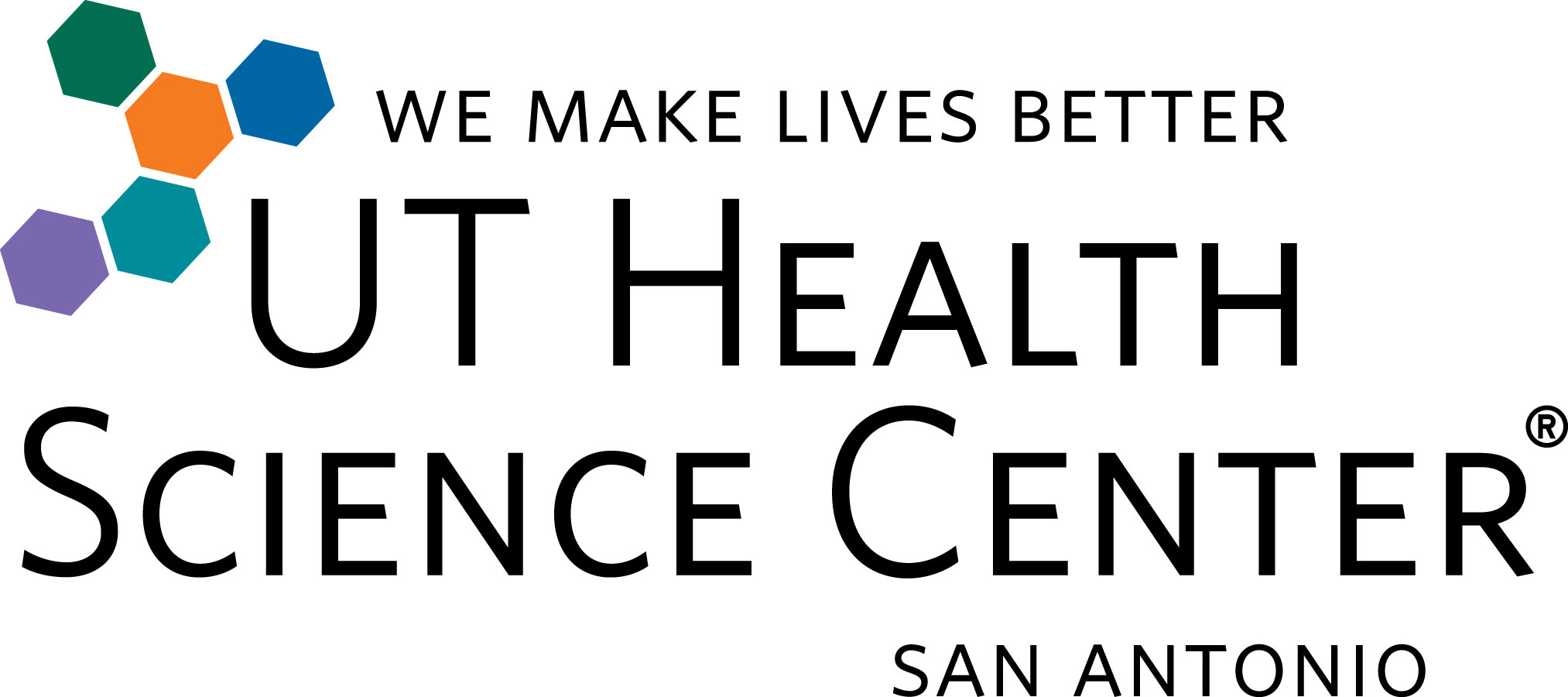Temozolomide Plus Thalidomide in Treating Patients With Recurrent or Progressive Brain Tumor
| Status: | Completed |
|---|---|
| Conditions: | Brain Cancer, Brain Cancer, Brain Cancer |
| Therapuetic Areas: | Oncology |
| Healthy: | No |
| Age Range: | 18 - 120 |
| Updated: | 6/28/2018 |
| Start Date: | June 13, 2000 |
| End Date: | July 20, 2006 |
Phase II Evaluation of Temozolomide (SCH52365) and Thalidomide for the Treatment of Recurrent and Progressive Glioblastoma Multiforme
RATIONALE: Drugs used in chemotherapy use different ways to stop tumor cells from dividing so
they stop growing or die. Thalidomide may stop the growth of cancer by stopping blood flow to
the tumor.
PURPOSE: Phase II trial to study the effectiveness of combining temozolomide and thalidomide
in treating patients who have recurrent or progressive brain tumor.
they stop growing or die. Thalidomide may stop the growth of cancer by stopping blood flow to
the tumor.
PURPOSE: Phase II trial to study the effectiveness of combining temozolomide and thalidomide
in treating patients who have recurrent or progressive brain tumor.
OBJECTIVES: I. Determine the efficacy of temozolomide and thalidomide in patients with
recurrent or progressive supratentorial glioblastoma multiforme or gliosarcoma. II. Determine
the toxicity of this regimen in these patients.
OUTLINE: This is a multicenter study. Patients receive oral temozolomide once daily on days
1-5 and oral thalidomide daily on days 1-28. Treatment repeats every 28 days for a maximum of
24 courses in the absence of disease progression or unacceptable toxicity. Patients are
followed at 1 month and then for survival.
PROJECTED ACCRUAL: A total of 40 patients will be accrued for this study within 4-5 months.
recurrent or progressive supratentorial glioblastoma multiforme or gliosarcoma. II. Determine
the toxicity of this regimen in these patients.
OUTLINE: This is a multicenter study. Patients receive oral temozolomide once daily on days
1-5 and oral thalidomide daily on days 1-28. Treatment repeats every 28 days for a maximum of
24 courses in the absence of disease progression or unacceptable toxicity. Patients are
followed at 1 month and then for survival.
PROJECTED ACCRUAL: A total of 40 patients will be accrued for this study within 4-5 months.
DISEASE CHARACTERISTICS: Histologically confirmed supratentorial glioblastoma multiforme or
gliosarcoma Must have evidence of tumor recurrence or progression by MRI scan after failing
prior radiotherapy Bidimensionally measurable enhancing residual disease on MRI or CT scan
Prior recent resection of recurrent or progressive tumor allowed if all of the following
conditions apply: Recovered from surgery Residual evaluable disease present that is not
artifactual postsurgical enhancement Baseline MRI or CT scan is performed within 14 days
prior to study and while on a steroid dose that has been stable for at least 5-7 days
PATIENT CHARACTERISTICS: Age: 18 and over Performance status: Karnofsky 60-100% Life
expectancy: At least 8 weeks Hematopoietic: Absolute neutrophil count at least 1,500/mm3
Platelet count at least 100,000/mm3 Hepatic: SGPT less than 2 times normal Alkaline
phosphatase less than 2 times normal Bilirubin less than 1.5 mg/dL Renal: BUN or creatinine
less than 1.5 times normal Other: Not pregnant or nursing Negative pregnancy test Fertile
patients must use one highly effective method of contraception, AND one additional
effective method of contraception for at least 4 weeks before, during, and for 8 weeks
after study No peripheral neuropathy greater than grade 1 No active infection No other
illness that would obscure toxicity or alter drug metabolism No other concurrent serious
medical illness No other prior cancer within the past 3 years except nonmelanoma skin
cancer or carcinoma in situ of the cervix
PRIOR CONCURRENT THERAPY: Biologic therapy: No prior thalidomide No other concurrent
biologic therapy for cancer Chemotherapy: No more than 1 prior chemotherapy regimen At
least 3 weeks since prior chemotherapy (2 weeks for vincristine and 6 weeks for
nitrosoureas) No other concurrent chemotherapy for cancer Endocrine therapy: See Disease
Characteristics No concurrent endocrine therapy for cancer Radiotherapy: See Disease
Characteristics No concurrent radiotherapy for cancer Surgery: See Disease Characteristics
No concurrent surgery for cancer Other: Recovered from prior therapy No other concurrent
investigational drugs for cancer
We found this trial at
11
sites
Click here to add this to my saved trials
10833 Le Conte Avenue # 8-950
Los Angeles, California 90095
Los Angeles, California 90095
(310) 825-5268

Jonsson Comprehensive Cancer Center at UCLA In the late 1960s, a group of scientists and...
Click here to add this to my saved trials
4502 Medical Drive
San Antonio, Texas 78284
San Antonio, Texas 78284
(210) 567-7000

University of Texas Health Science Center at San Antonio The University of Texas Health Science...
Click here to add this to my saved trials
1500 East Medical Center Drive
Ann Arbor, Michigan 48109
Ann Arbor, Michigan 48109
800-865-1125

University of Michigan Comprehensive Cancer Center The U-M Comprehensive Cancer Center's mission is the conquest...
Click here to add this to my saved trials
Click here to add this to my saved trials
Dana-Farber Cancer Institute Since it’s founding in 1947, Dana-Farber has been committed to providing adults...
Click here to add this to my saved trials
Click here to add this to my saved trials
1515 Holcombe Blvd
Houston, Texas 77030
Houston, Texas 77030
713-792-2121

University of Texas M.D. Anderson Cancer Center The mission of The University of Texas MD...
Click here to add this to my saved trials
Click here to add this to my saved trials
Memorial Sloan Kettering Cancer Center Memorial Sloan Kettering Cancer Center — the world's oldest and...
Click here to add this to my saved trials
5150 Centre Ave
Pittsburgh, Pennsylvania 15232
Pittsburgh, Pennsylvania 15232
(412) 647-2811

University of Pittsburgh Cancer Institute Founded in 1985, the University of Pittsburgh Cancer Institute (UPCI)...
Click here to add this to my saved trials

